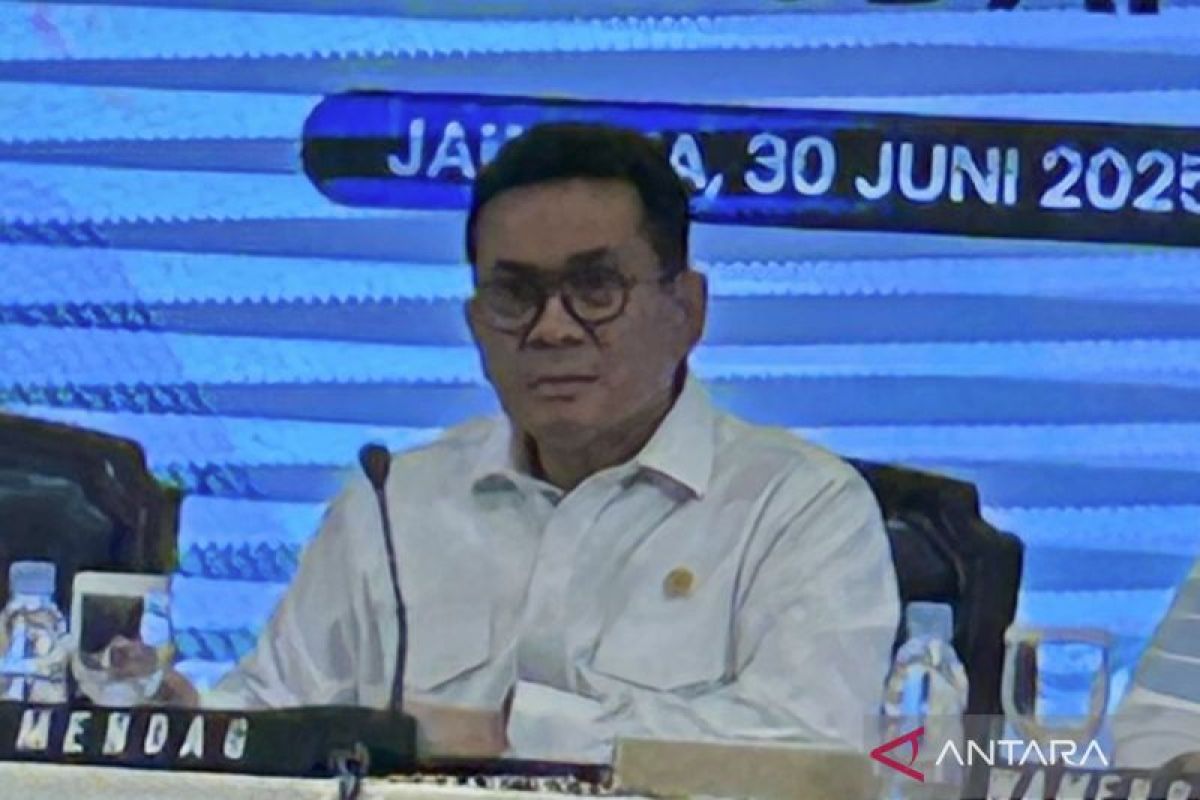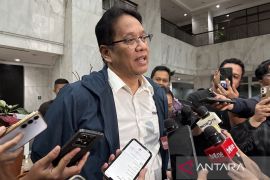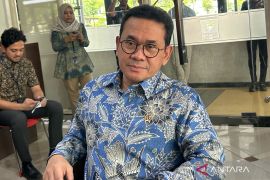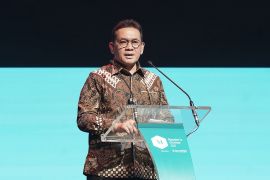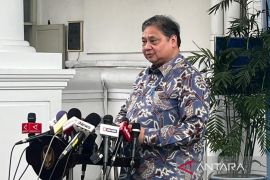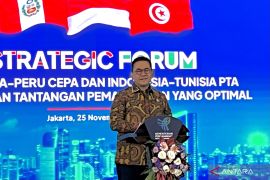He explained that under the Ministry of Trade Regulation (Permendag) No. 8 of 2024, ready-made garments and accessories require an import plan, a recommendation from a Surveyor Institution (LS) to obtain an Import Approval (PI).
They also needed to comply with the Regulation of the Director General of Foreign Trade (Perdirjen Daglu) No. 7 of 2024.
“Now, we have a change in the PI, and we added technical considerations from the technical ministry, in this case, the Ministry of Industry, and from the LS,” he announced on Monday.
According to Santoso, under the Regulation of the Minister of Trade Number 17 of 2025, the imports of all textile and clothing products will also need to be supervised at the borders.
In addition, clothing, yarn, curtains, fabrics, and carpets will still be subject to safeguard import duties, he added.
Meanwhile, import approvals will still be required for textiles and textile products (TPT), textiles and textile products with batik motifs, and other finished textile goods, which will be issued after a technical evaluation by the Ministry of Industry and the Surveyor Institute.
“Textiles and textile products, batik motif textile products, and other finished textile goods are still subject to limited prohibitions,” Santoso said.
The government has relaxed import policies for 10 commodities as part of ongoing deregulation efforts.
The commodities include forestry products; subsidized fertilizers; plastic raw materials; other fuels; saccharin, cyclamate, and alcohol-containing odor preparations; certain chemicals; pearls; food trays; footwear; and two- and three-wheeled bicycles.
Santoso said that the commodities have been exempted based on several criteria. First, the goods are strategic or labor-intensive, as determined by the commodity balance.
Second, they are related to security, health, and environmental safety, or pose a moral hazard (K2LM). Third, they are related to strategic or labor-intensive industries.
Related news: Import deregulation will not affect state revenue: Hartarto
Related news: Indonesia relaxes import rules for 10 commodities, including footwear
Translator: Maria Cicilia G P, Resinta Sulistiyandari
Editor: Primayanti
Copyright © ANTARA 2025
